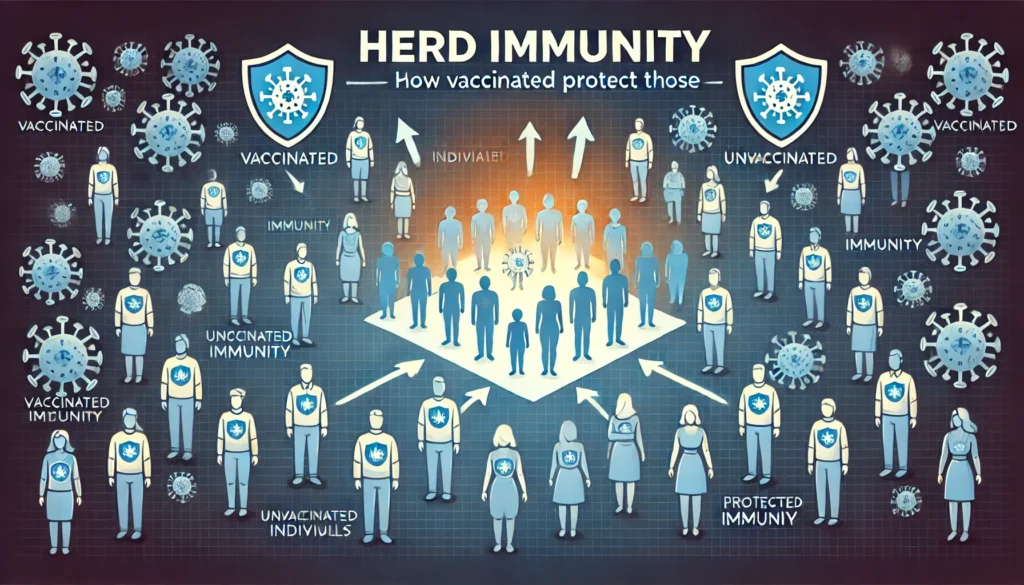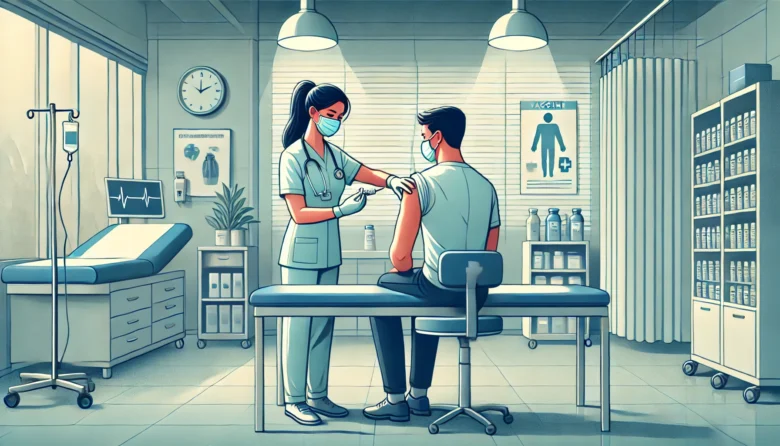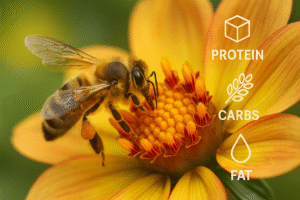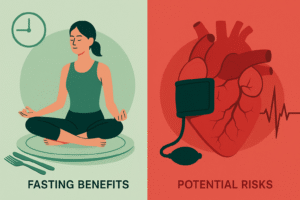Vaccines have long been one of the most effective ways to prevent diseases, keeping us safe from illnesses that once devastated populations. But how do these small injections work to protect us on such a massive scale? This blog will take you through the fascinating science behind vaccines and explain how they help keep our immune systems strong and our communities healthy.
Introduction
Vaccines are often hailed as one of modern medicine’s greatest achievements. But many of us may wonder, “How exactly do vaccines protect us?” Whether you’re a parent deciding on vaccinations for your child, someone seeking a better understanding, or simply curious about this life-saving technology, this blog will break it all down. We’ll explore how vaccines work, what happens in your body after you get vaccinated, and why they are so crucial for public health.
The Basics: What Are Vaccines?
A vaccine is a biological preparation that provides immunity to a specific disease. In simple terms, it’s a way of “teaching” your immune system how to fight off harmful pathogens like bacteria and viruses without you actually getting sick.
Vaccines typically contain weakened or inactive parts of the organism (like a virus) that cause disease. These parts, called antigens, are not strong enough to cause illness but are sufficient to trigger your immune system to respond.
Once your immune system recognizes these antigens, it creates antibodies—proteins that neutralize or destroy the harmful invader. These antibodies stay in your system, ready to fight the disease if you’re ever exposed to the actual pathogen.

How Do Vaccines Work?
The Immune System’s Role
Your immune system is your body’s defence mechanism, always on guard for anything harmful that enters your body. When a pathogen like a virus invades, your immune system works to eliminate it. This natural process can take time, and in some cases, the pathogen may cause severe illness before your immune system can effectively fight back.
This is where vaccines come in. Vaccines give your immune system a preview of the disease without the risk of getting sick. When you get vaccinated, your body thinks it is being attacked by the virus or bacteria and responds accordingly. After the initial response, your immune system retains a “memory” of the pathogen, allowing it to respond faster and more effectively if the real threat comes along later.
Types of Vaccines
Vaccines come in various forms, and each type serves a unique purpose:
Live attenuated vaccines: These contain weakened forms of the virus. They are very effective and long-lasting but may not be suitable for individuals with weakened immune systems. Examples include the measles, mumps, and rubella (MMR) vaccine.
Inactivated vaccines: These contain killed pathogens. They are safer for people with compromised immune systems but may require booster shots to maintain immunity. An example is the polio vaccine.
Subunit, recombinant, and conjugate vaccines: These contain specific pieces of the virus, like proteins or sugars. They target specific parts of the pathogen, minimizing the risk of side effects. The HPV (Human Papillomavirus) vaccine is an example.
mRNA vaccines: A newer type of vaccine, mRNA vaccines use genetic material to instruct your cells to produce a protein that triggers an immune response. This technology has been used in the COVID-19 vaccines by companies like Pfizer and Moderna.
Herd Immunity
Vaccines don’t just protect individuals—they protect entire communities. When enough people are vaccinated, a concept known as herd immunity (also called community immunity) kicks in. Herd immunity is achieved when a large part of the population becomes immune to a disease, limiting its ability to spread. This protects those who cannot be vaccinated, such as newborns or individuals with certain medical conditions.
An excellent example of herd immunity at work is smallpox, a deadly disease that was completely eradicated through global vaccination efforts.
Real-Life Impact: Case Studies
Polio in India
Polio, once a significant health threat, caused paralysis and death worldwide. However, thanks to widespread vaccination campaigns, In 2014, the World Health Organization (WHO) officially declared India polio-free. The polio vaccine played a key role in eliminating the disease, protecting millions of children from a life of disability.
COVID-19 Vaccination
The global COVID-19 pandemic highlighted just how critical vaccines are. The development of COVID-19 vaccines in record time provided a solution to combat the virus, reducing the spread and severity of the disease. mRNA vaccines, particularly by Pfizer and Moderna, were groundbreaking, offering high protection against severe illness and death. The success of these vaccines is an ongoing testament to the power of scientific innovation.
Vaccine Myths and Misconceptions
Despite their proven success, vaccines have been surrounded by misinformation. Let’s debunk a few common myths:
Myth 1: Vaccines cause autism
This myth started from a discredited study that falsely claimed vaccines could lead to autism. Multiple extensive studies have shown no link between vaccines and autism.
Myth 2: Natural immunity is better than vaccine-acquired immunity
While natural immunity can provide strong protection, the risks involved—such as severe illness or death—are far greater than those from vaccines. Vaccines provide immunity without causing the disease itself.
Myth 3: Vaccines contain harmful ingredients
Vaccines are rigorously tested for safety, and the ingredients used, such as preservatives or stabilizers, are present in very small, safe amounts. They are necessary for the effectiveness and longevity of the vaccine.
Conclusion: The Future of Vaccination
Vaccines have evolved significantly, with new technologies like mRNA promising faster, more effective protection. As research continues, vaccines will likely play an even more crucial role in preventing diseases and maintaining public health.
In a world where new threats like COVID-19 emerge, understanding the science behind vaccines helps us appreciate their value. The next time you’re due for a shot, remember that you’re not just protecting yourself—you’re contributing to the health and safety of your entire community.
Author’s Note
As a science enthusiast, I believe in the importance of spreading accurate, easy-to-understand information about vaccines. Our collective understanding of how vaccines work can help build trust in this essential aspect of public health. Let’s continue to stay informed and protect each other!
G.C., Ecosociosphere contributor.
References and Further Reading
- World Health Organization: How do Vaccines Work?
- Centers for Disease Control and Prevention: Vaccine Types
- Swain, M. (2020). Why is it Important to Obtain Vaccinations?
- The Science of Vaccines: How They Work and Why They Matter. https://containerdiscovery.com/posts/the-science-of-vaccines-how-they-work-and-why-they-matter-2384
- Decoding Vaccination: Exploring the Advantages and Disadvantages You Should Be Aware. https://www.medmds.com/the-pros-and-cons-of-vaccination-what-you-need-to-know/
- How do vaccines prevent infectious diseases? – Video Drome News. https://videodromenews.com/2024/07/02/how-do-vaccines-prevent-infectious-diseases/
- Understanding the COVID-19 Vaccine and Plans Here at Chandler Hall – Chandler Hall Health Services. https://chandlerhallhealthservices.org/understanding-the-covid-19-vaccine-and-plans-here-at-chandler-hall/
- The Vaccine (Dis)Information War, by C.J. Hopkins – We Will Not Be Silenced. https://wewillnotbesilenced.net/the-vaccine-disinformation-war-by-c-j-hopkins/
- The Importance of Immunizations: Protecting Your Health and the Community – Lyon’s Pharmacy. https://lyonspharmacy.com/the-importance-of-immunizations-protecting-your-health-and-the-community/
- The Comeback Of Old Diseases & Anti-Vaccination Campaigns | MFine. https://www.mfine.co/article/old-diseases-making-a-comeback-amidst-anti-vaccination-campaigns




